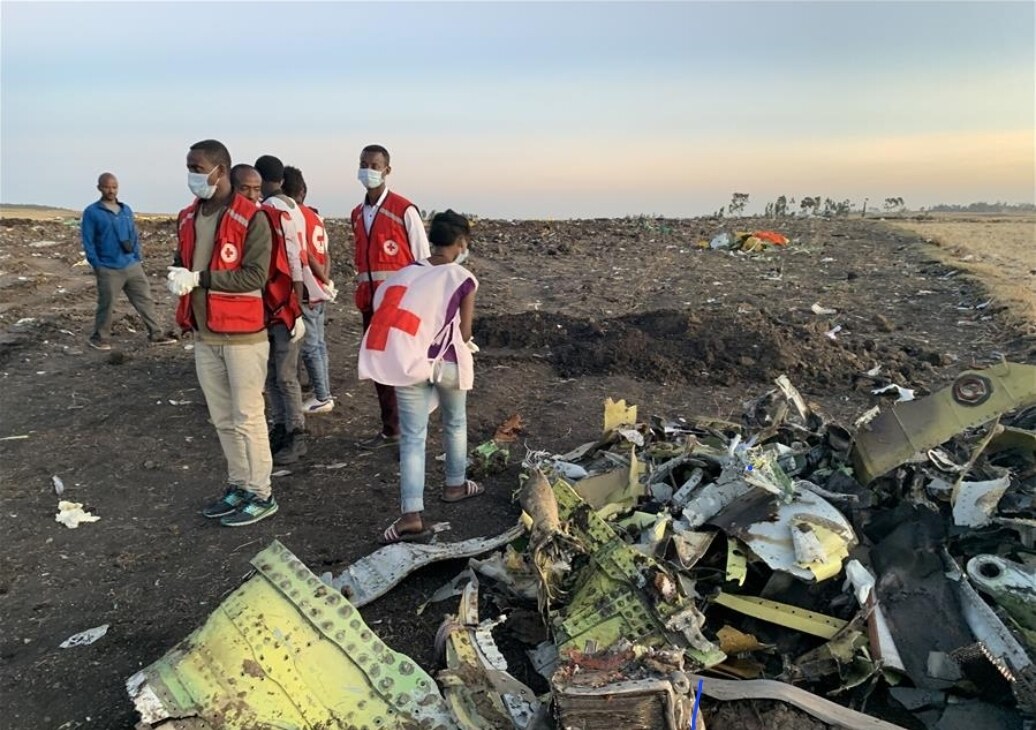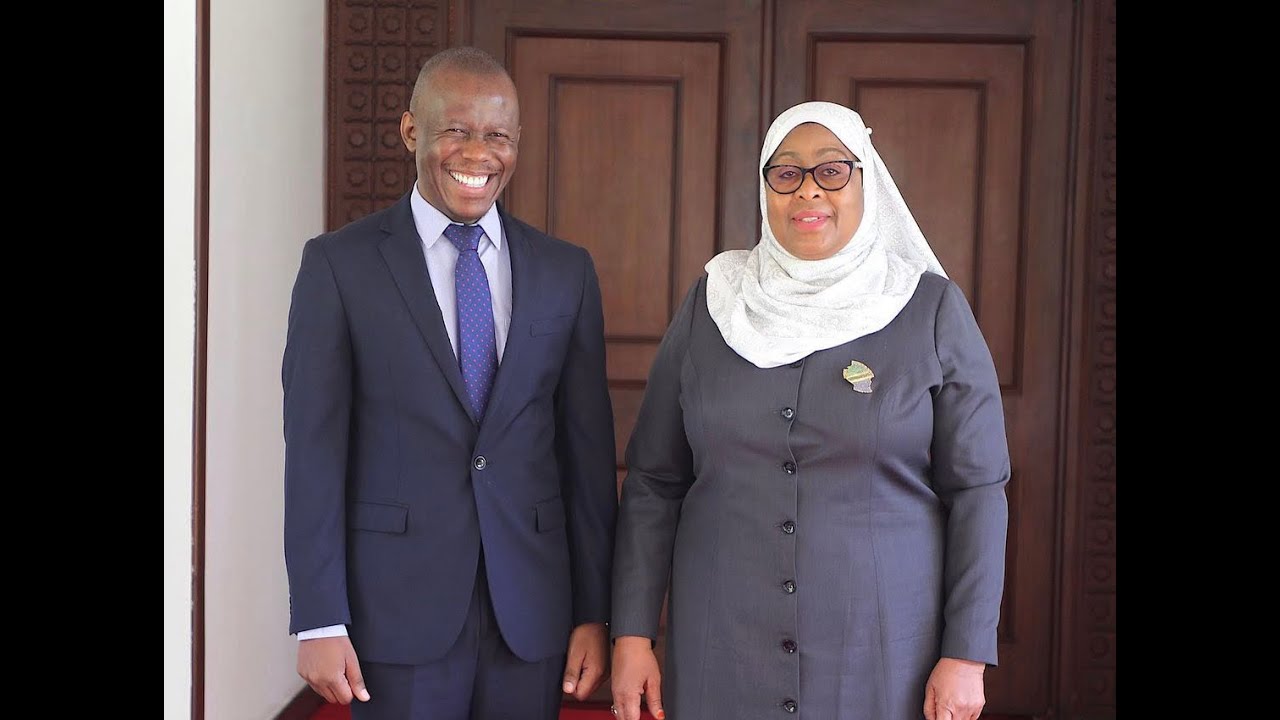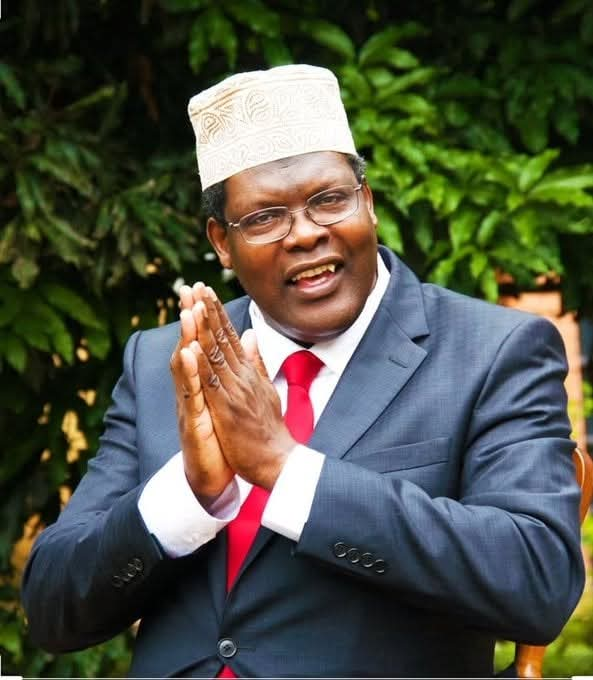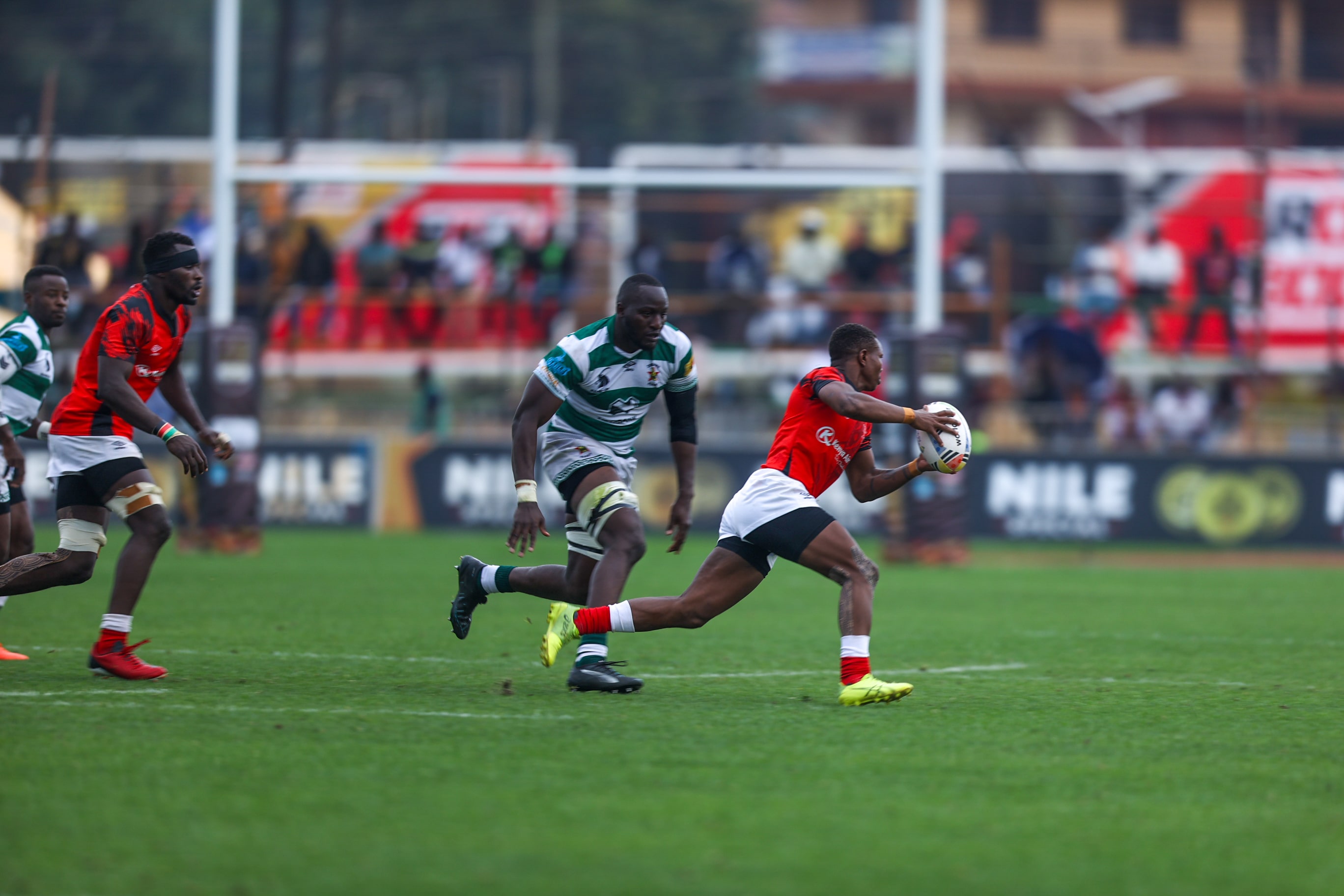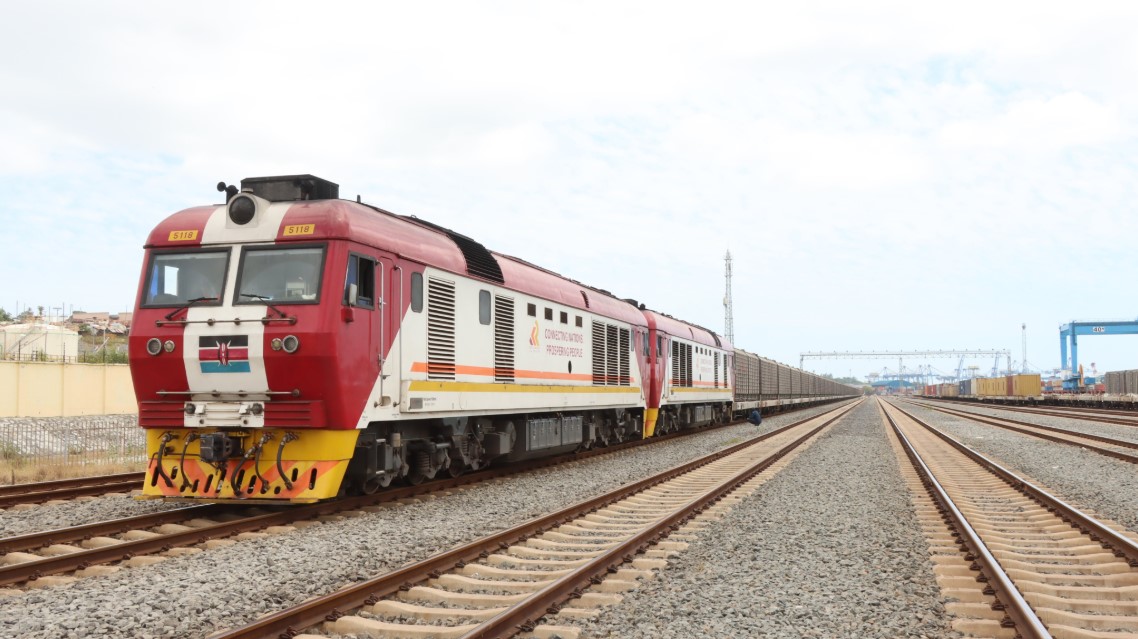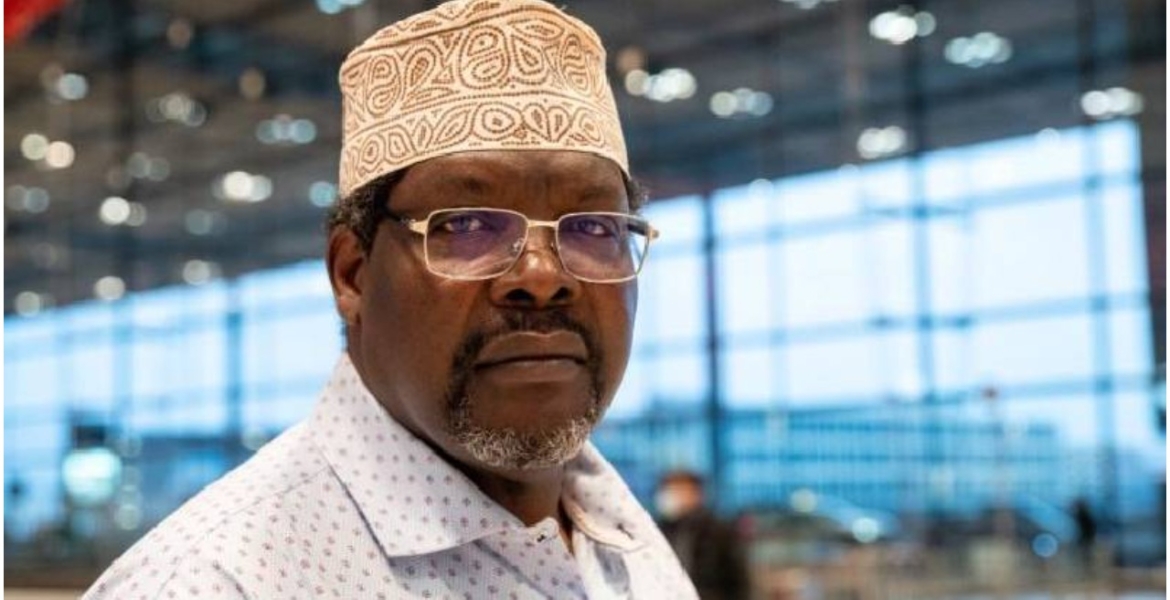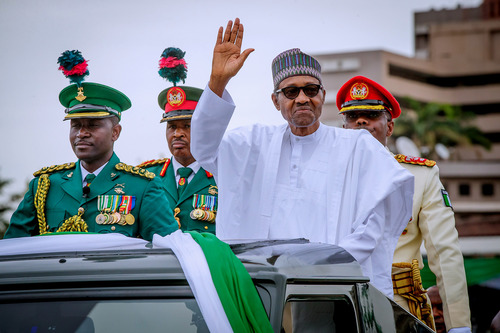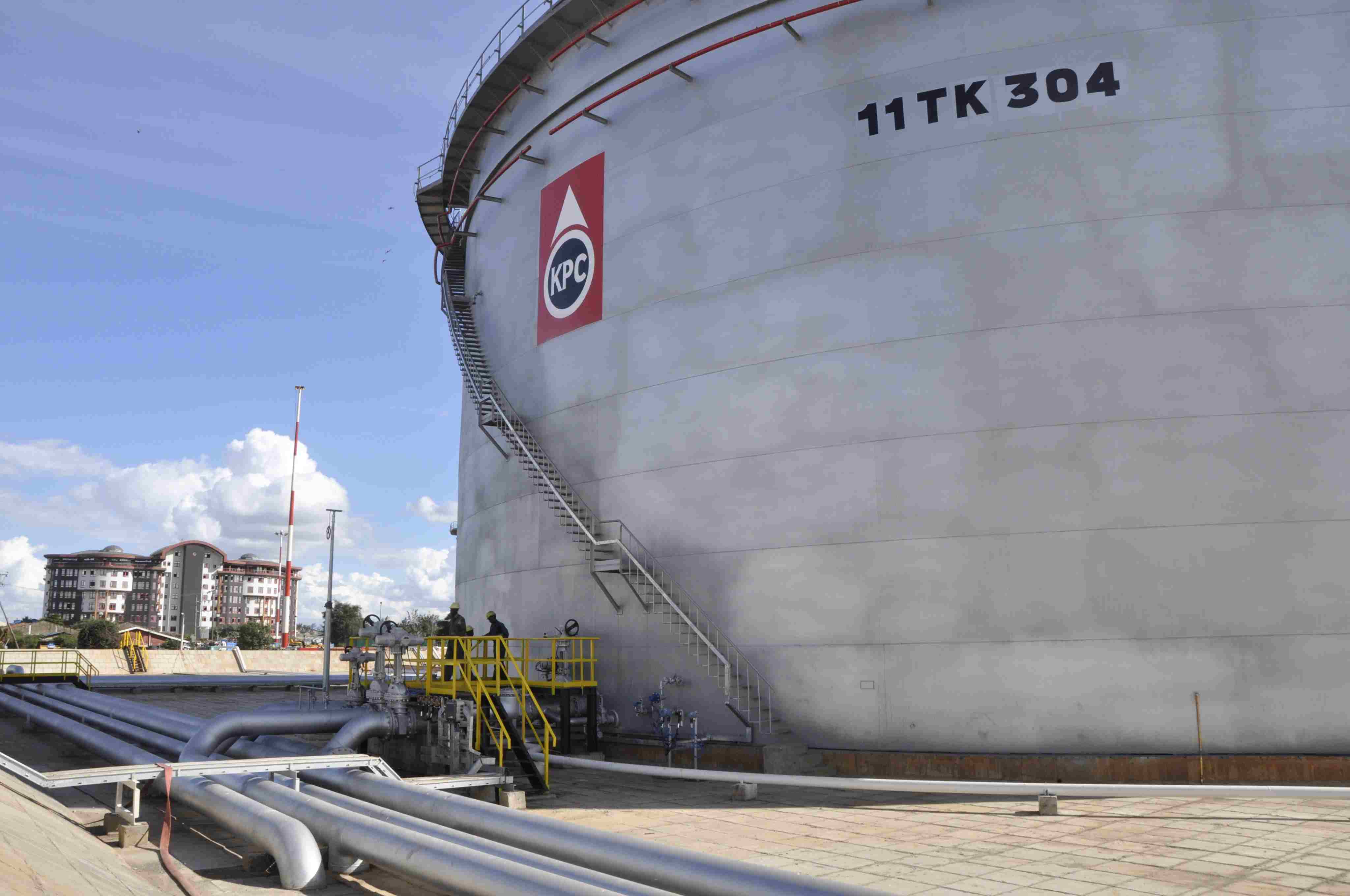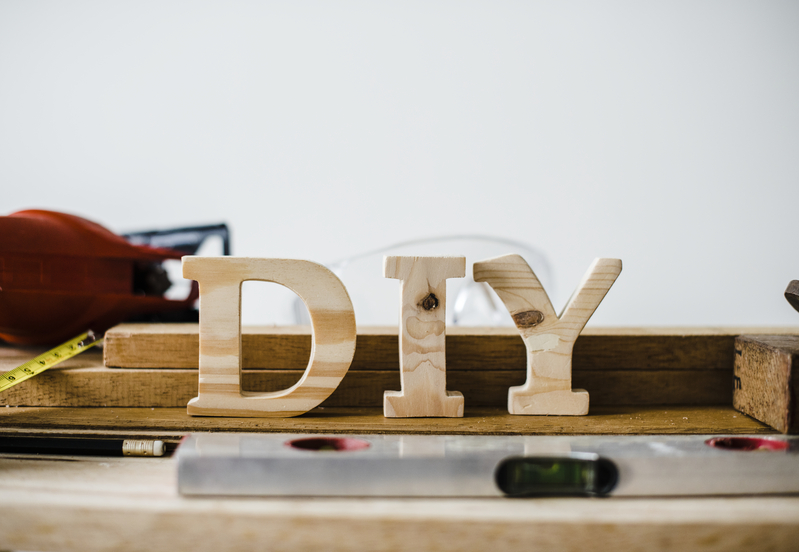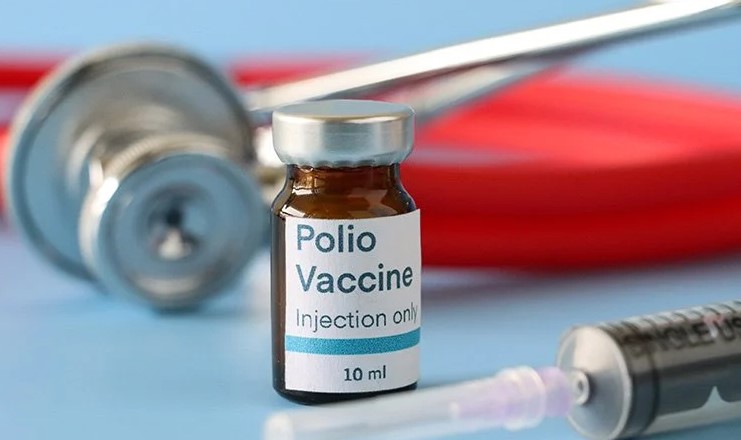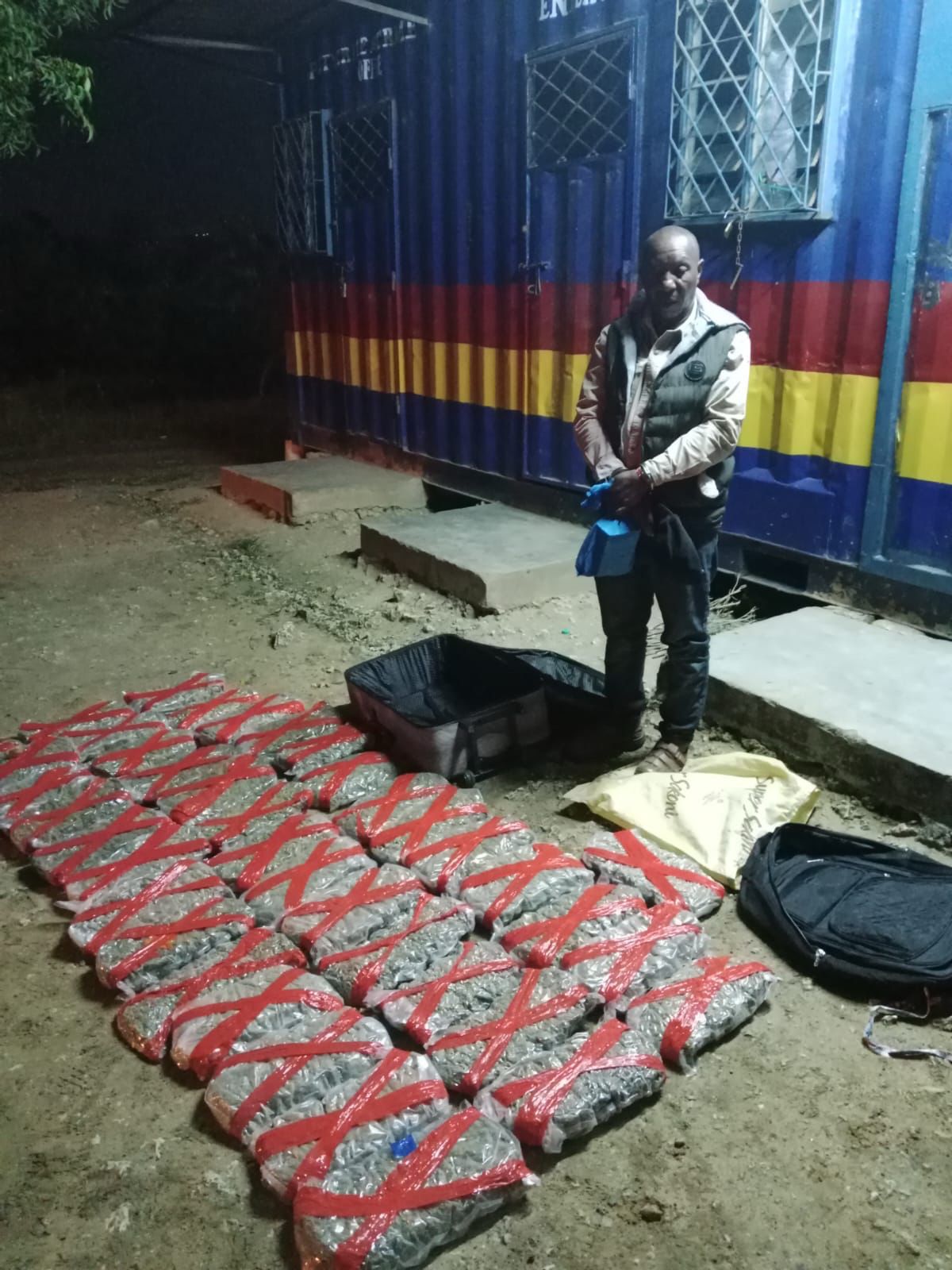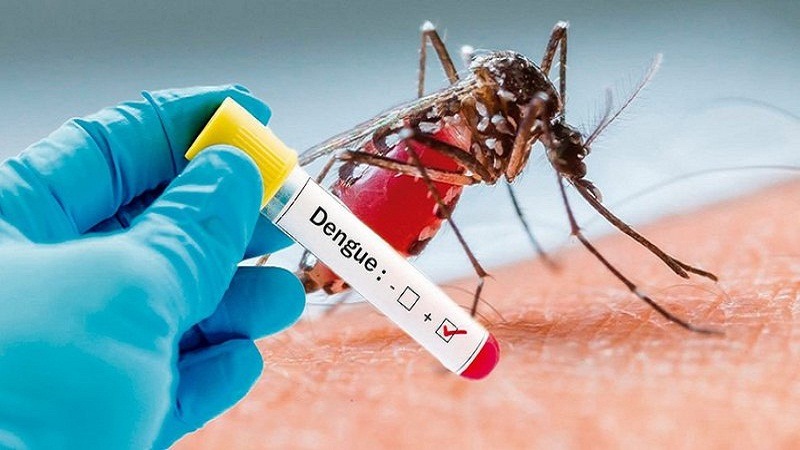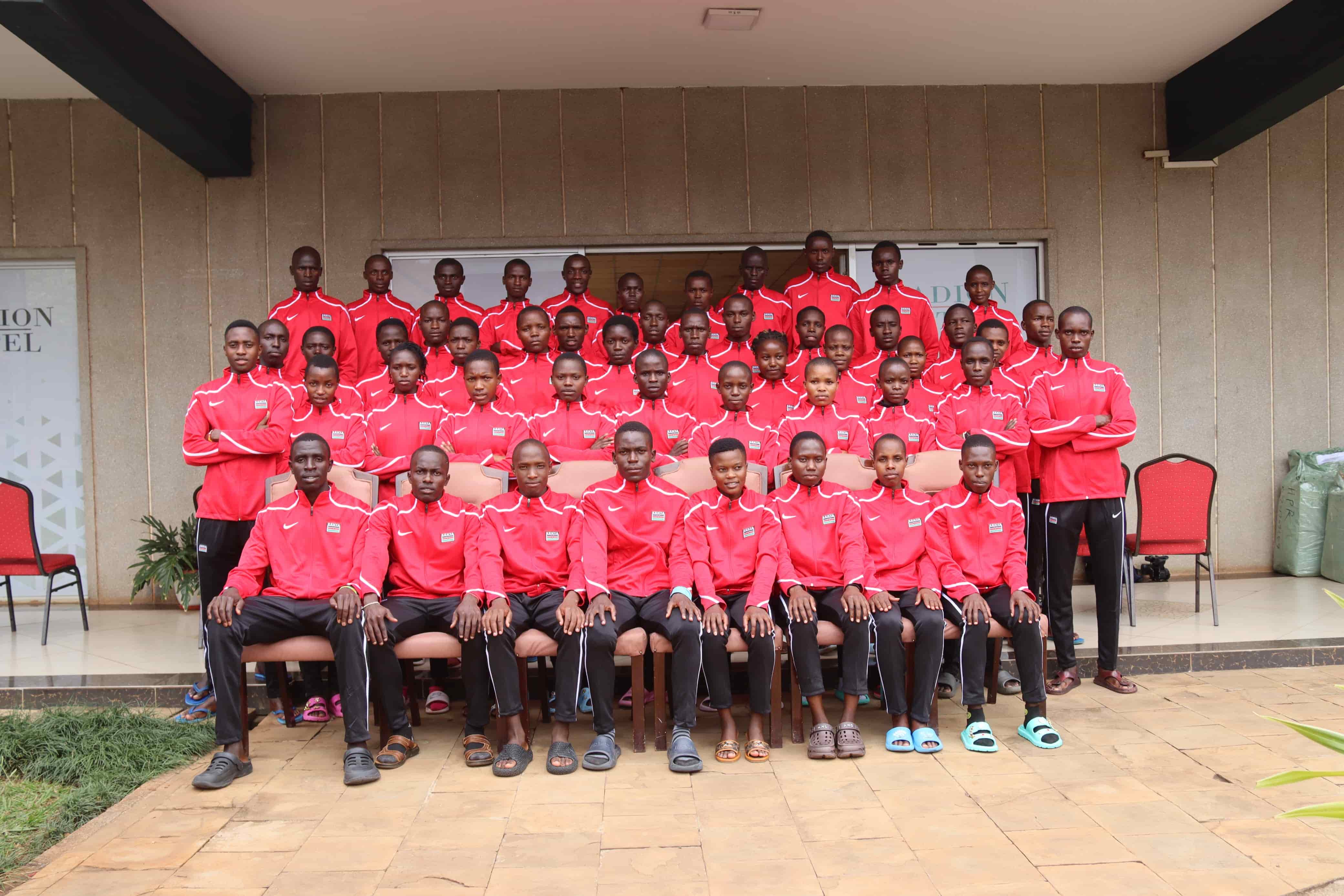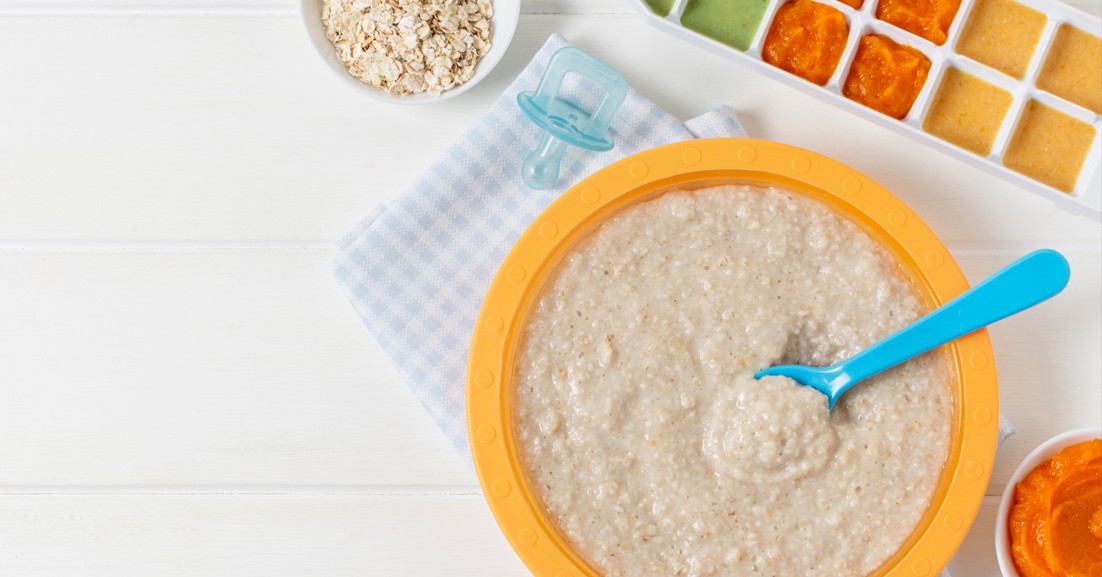Ride for humanity: UK Muslim bikers bring life-changing aid to Kenya’s most underserved regions
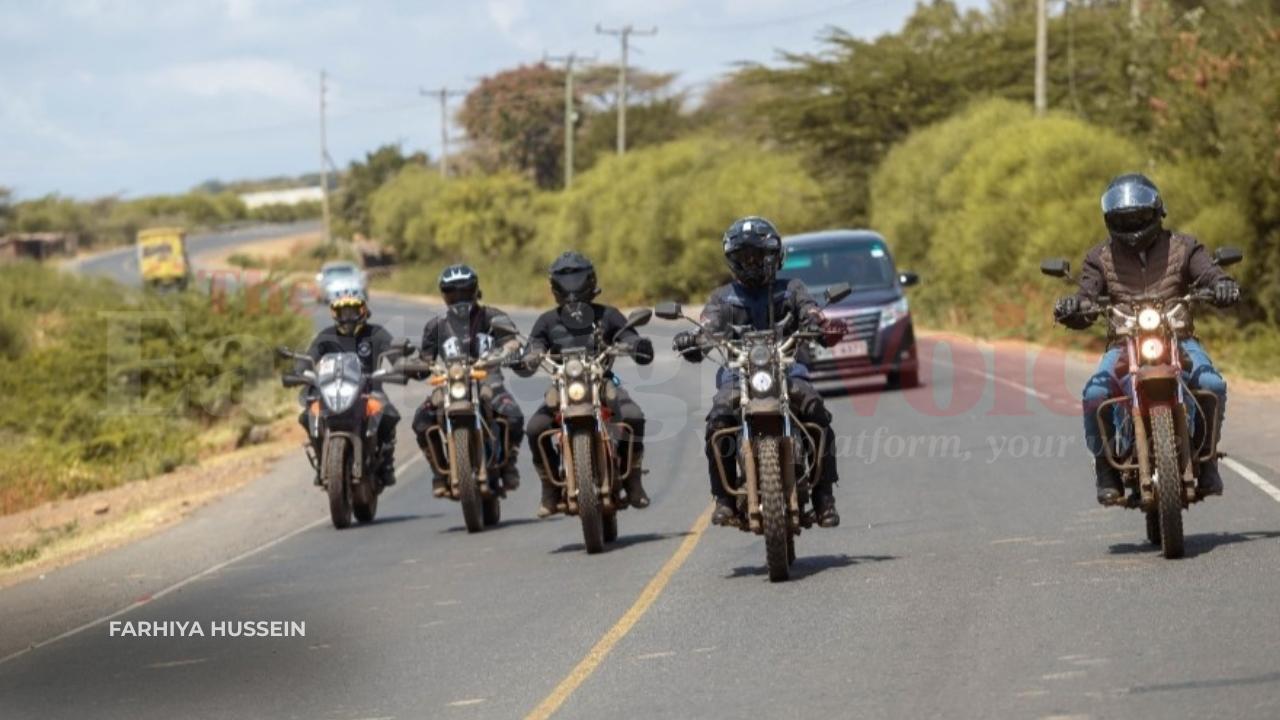
The initiative will culminate in a public celebration on Sunday, July 13, at Mama Ngina Waterfront in Mombasa, where local communities, government officials, and corporate partners will come together in solidarity with the mission.
Residents along Kenya’s remote corridor looked on in disbelief this month as a convoy of Muslim bikers from the United Kingdom rolled into their towns, not as tourists, but as humanitarians.
The group, part of the Ride for Humanity campaign led by Mission Relief, is travelling from Nairobi to Mombasa to deliver aid to some of the country’s most underserved communities.
More To Read
- Two dead as Mpox hits Nyali and Changamwe, Mombasa on high alert
- Chief Kadhi Sheikh Abdulhalim Hussein buried in Kikowani, Mombasa as nation mourns Islamic leader
- Tourism stakeholders urge fewer travel barriers, more direct flights to Mombasa to boost arrivals
- Financial autonomy: Mombasa Governor Abdulswamad Nassir urges Ruto to empower counties
- EPRA shuts down illegal gas refilling plant in Mombasa's Majengo in multi-agency raid
- Mombasa taps youth groups to lead waste collection in new clean-up drive
“The Ride for Humanity came from this deep belief that charity doesn’t have to be quiet, it can move, it can be bold, and it must be felt. The Muslim Bikers group from the UK wanted to do something that wasn’t just about writing cheques, but actually being on the ground, in person, meeting the people, and delivering that support hand to hand,” said Mission Relief chairperson of the organising committee, Hassan Kassim.
The journey began on July 3, with the riders renting Kibo motorcycles in Nairobi and travelling through Meru, Isiolo, Samburu, Modogashe, Garissa, Tana River, and Chakama.
Their mission: to provide food parcels, launch livelihood projects, install water solutions, and distribute dignity kits to women and girls—all while directly engaging with vulnerable families.
According to Hassan, Kenya was chosen because “the need is real here, but so is the resilience.”
“Kenya has places that are underserved, but communities that are incredibly welcoming and strong and for Mission Relief, we have been working in this region for years, so we understand the terrain, the people, the challenges. It made sense to bring this story, and this movement, to Kenya, and let the country be the canvas for something unforgettable,” he said.
The initiative will culminate in a public celebration on Sunday, July 13, at Mama Ngina Waterfront in Mombasa, where local communities, government officials, and corporate partners will come together in solidarity with the mission.
The event is organised by Mission Relief, a UK-based humanitarian organisation with a long-standing presence in Kenya.
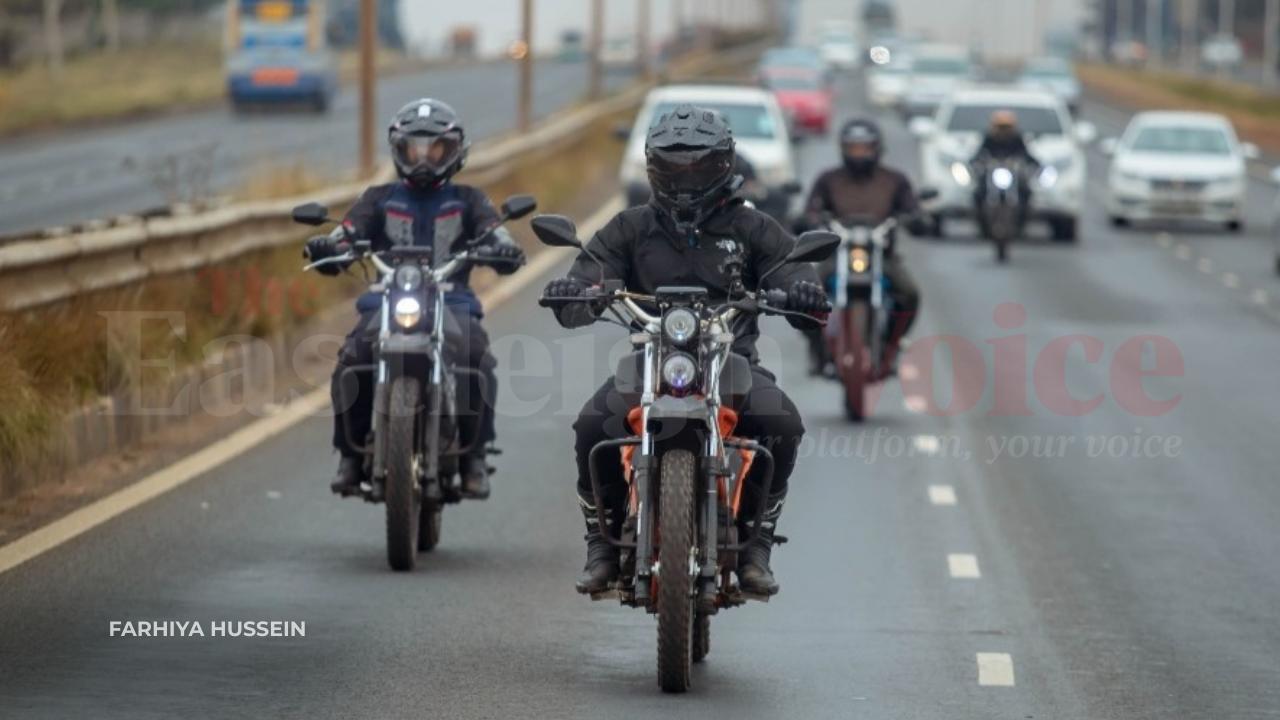 The UK Muslim bikers describe riding through Kenya as part of a humanitarian mission to be one of the most humbling experiences of their lives. (Photo: Farhiya Hussein)
The UK Muslim bikers describe riding through Kenya as part of a humanitarian mission to be one of the most humbling experiences of their lives. (Photo: Farhiya Hussein)
Drought, food insecurity
“So far, aid has been delivered in Meru and Isiolo in terms of food packs, and today on the 9th of July, we’re delivering a shop, as a waqf project in to assist the local community of Biobombi. These are areas that are constantly confronted with challenges like drought and food insecurity. We install water wells, distribute food, support orphans, and provide reusable hygiene products for women and girls,” said Hassan
For the riders, the journey has been emotionally powerful.
One of them, Adeel Anwar, recalled a moment in Garissa with an elderly man who, after receiving a food pack, simply held his hand and said a silent prayer.
“That wrecked me. Because so many people feel forgotten, like the world’s moved on without them. And here we were, just showing up with our bikes and sincerity, and it meant the world to him. Another one was with the kids. We walk in with our bikes in some places, and the kids just trail after us, and places just light up. It was how confident they became once we sat with them, laughed with them, and played with them. Sometimes, presence is the real gift. Every day on this ride has taught us something about resilience, humility and how much we still have to learn,” said Adeel.
They describe riding through Kenya as part of a humanitarian mission to be one of the most humbling experiences of their lives.
“As riders, we are used to long roads and tough journeys, but this was different. This wasn’t about thrill or adventure. It was about purpose. Every kilometre, every stop, every handshake reminded us why we were doing this: to connect with people who are often forgotten. Coming from the UK, we knew we’d be entering a different world. But the warmth of the Kenyan people, the resilience of the communities, and the dignity we witnessed everywhere we went that changed us. It reminded us that no matter where you are from, the values of compassion, brotherhood, and service are universal. This ride wasn’t just about delivering aid, it was about delivering hope and in doing that, we found ourselves transformed, too,” said Adeel.
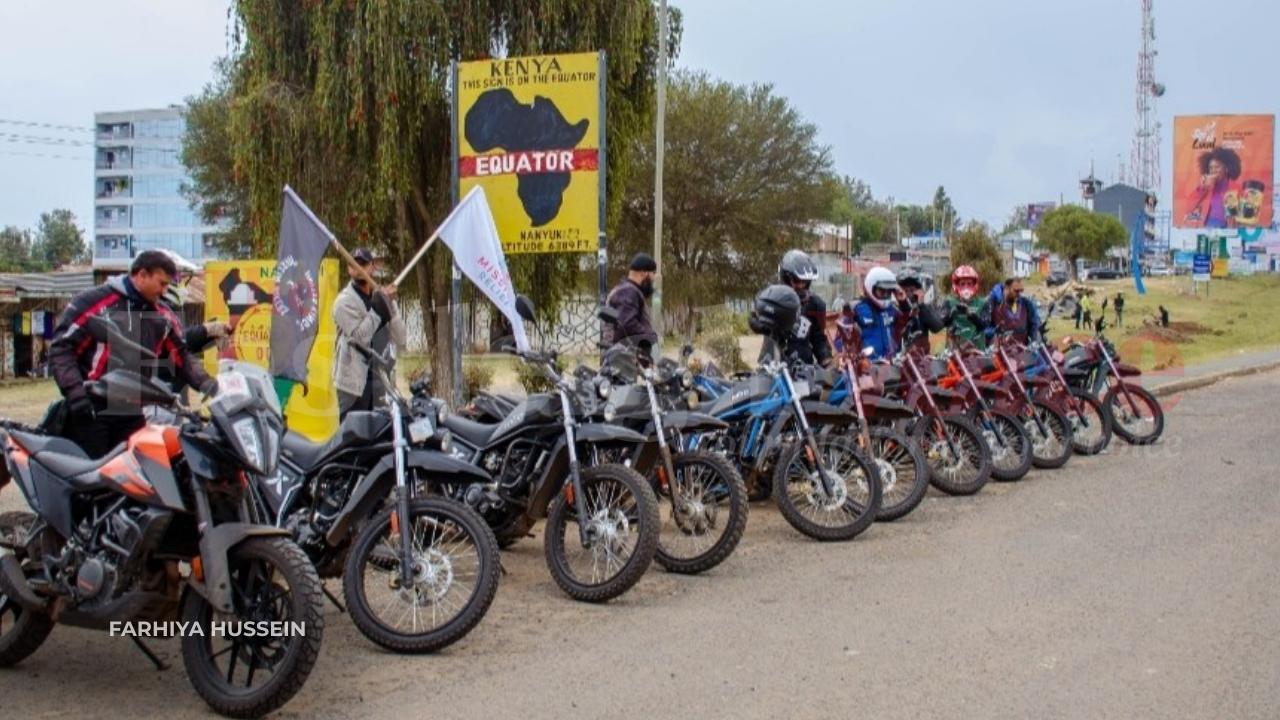 The UK Muslim bikers hope to inspire a shift in mindset among the Kenyan public, particularly the youth. (Photo: Farhiya Hussein)
The UK Muslim bikers hope to inspire a shift in mindset among the Kenyan public, particularly the youth. (Photo: Farhiya Hussein)
Humanitarian mission
But how do they balance the thrill of biking with the serious humanitarian mission they are undertaking?
Adeel said, “Yes, we love biking. The adrenaline, the open roads, the brotherhood, it is a part of who we are. But on this journey, every twist and turn has had a purpose behind it. We are not riding for the thrill; we are riding toward something, and that is to reach the forgotten, to uplift, to deliver something meaningful. So while we enjoy the ride, we never lose sight of the mission.”
He mentioned the main aim is to showcase that humanity has no borders.
“That Muslims from the UK, riding bikes across dry terrain and unfamiliar roads, came here simply to say, 'we see you, we hear you, and you matter'. We also want the young people, the kids we met in orphanages, the youth in the crowds, to know that they have value. That being seen and supported can unlock something inside you. If we sparked even one dream or gave someone hope to push through another day, then the ride was worth every second.”
Charitable contributions
Mission Relief emphasised that it operates under a strict 100 per cent donation policy for zakat and sadaqah (charitable contributions), ensuring that every shilling donated goes directly to the intended projects.
To them, all operational and event costs are separately covered through partner sponsorships.
“Each donor specifies the project they are donating to, and every shilling given for aid goes directly to the project it is assigned to. The Ride for Humanity event and its marketing costs are covered entirely separately through partner support. There are always pleas coming in, especially from the environs surrounding places we have had previous projects. Our local Kenyan team, led by our project manager, conduct an assessment of whether they really do need Mission Relief’s intervention. A trained team of trusted volunteers, and clear reporting keep the process transparent and efficient so donors can trust where every shilling goes,” said Hassan.
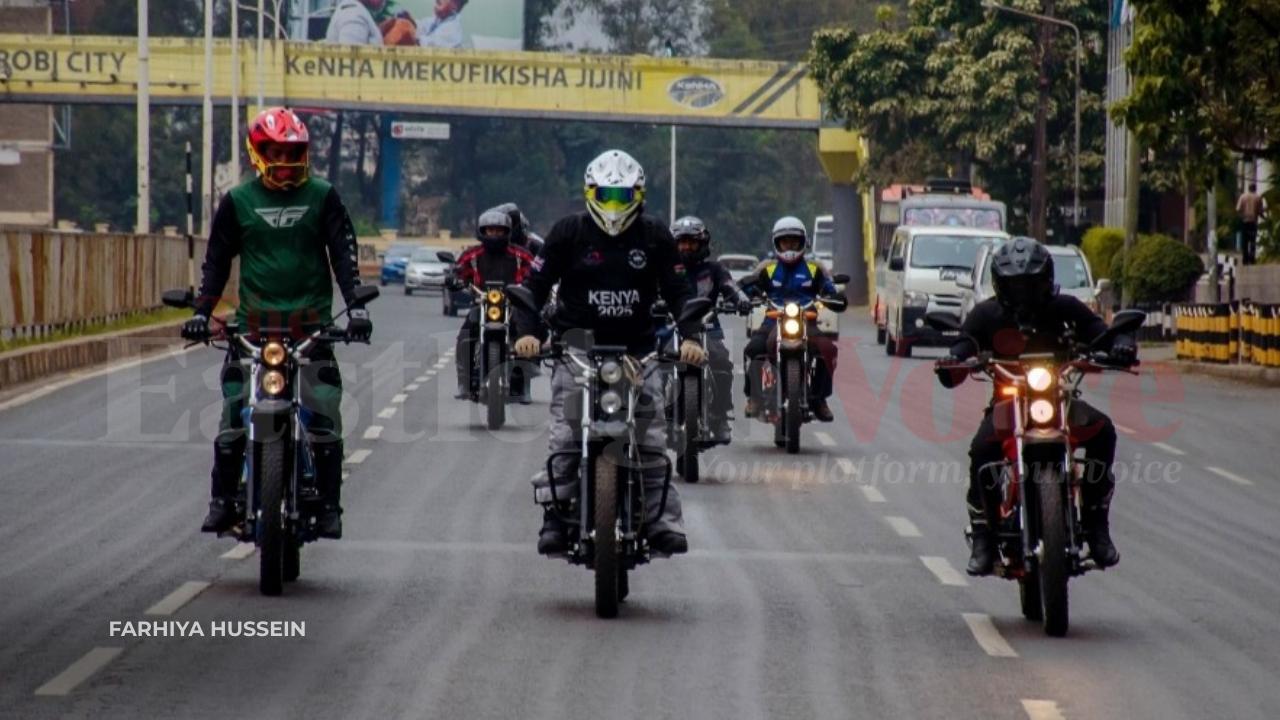 The UK Muslim bikers, part of the Ride for Humanity campaign led by Mission Relief, are travelling from Nairobi to Mombasa to deliver aid to some of the country’s most underserved communities. (Photo: Farhiya Hussein)
The UK Muslim bikers, part of the Ride for Humanity campaign led by Mission Relief, are travelling from Nairobi to Mombasa to deliver aid to some of the country’s most underserved communities. (Photo: Farhiya Hussein)
He noted that the upcoming celebration in Mombasa will not only mark the end of the ride but also shine a spotlight on ongoing fundraising efforts to support future initiatives across Kenya, ranging from food distributions and orphan care to women’s empowerment and emergency responses to drought and displacement.
“We are hoping this event leaves a mark that goes way beyond the photos and the stage. For the beneficiaries, whether it’s the orphans, the widows, or the communities we visited, we want them to feel seen. Not just helped, but respected. That someone came all the way, not just to give, but to connect. That matters. It builds trust. It tells them their stories are worth showing up for,” said Hassan.
Shift in mindset
They hope to inspire a shift in mindset among the Kenyan public, particularly the youth.
“To show that giving back doesn’t have to wait till you’re rich or famous. You can take what you have, even a motorbike, and create a real impact. We want more people to see charity as something you live, not just something you donate to. If this event inspires more collaboration, more compassion, and more boldness in how we serve, then we’ve done our job,” he said.
The Mombasa County government, through its Department of Trade and Tourism, has pledged logistical support for the event, including security coordination, provision of tents, and access to the venue.
According to the department, the ride aligns with Mombasa’s development priorities and its drive to promote greater community engagement.
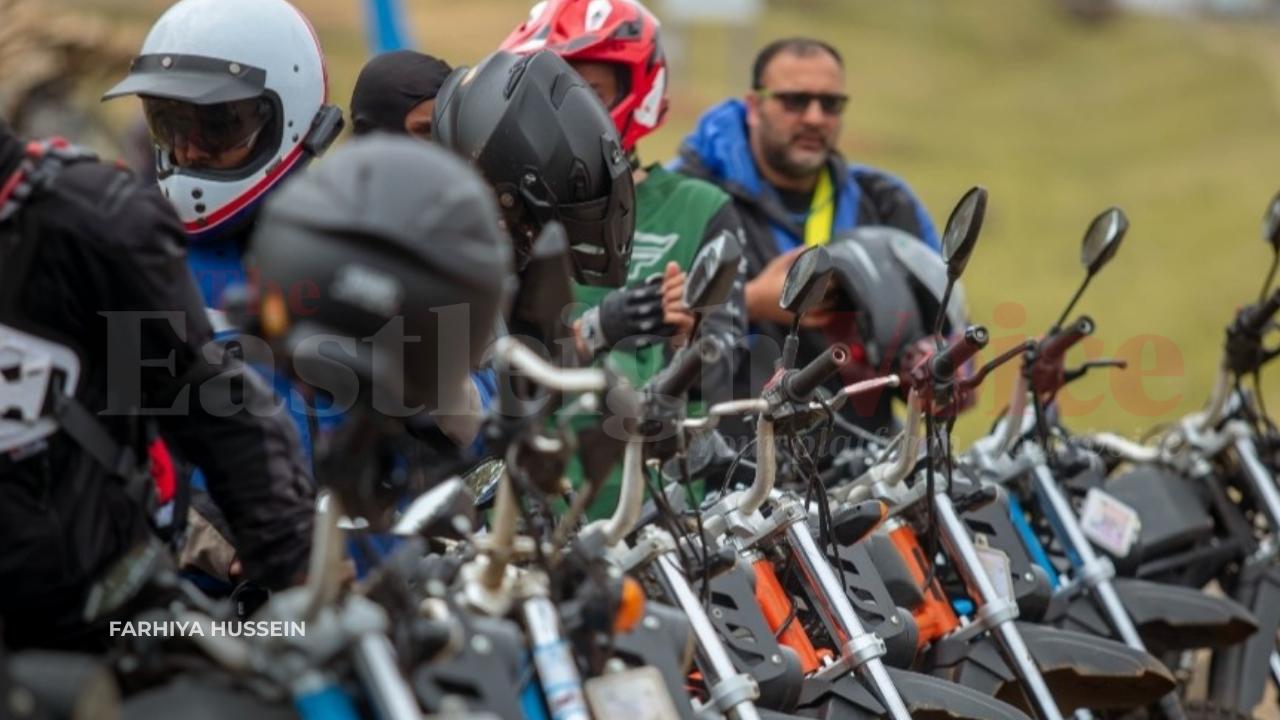 The journey by the UK Muslim bikers began on July 3, with the riders renting Kibo motorcycles in Nairobi and travelling through Meru, Isiolo, Samburu, Modogashe, Garissa, Tana River, and Chakama. (Photo: Farhiya Hussein)
The journey by the UK Muslim bikers began on July 3, with the riders renting Kibo motorcycles in Nairobi and travelling through Meru, Isiolo, Samburu, Modogashe, Garissa, Tana River, and Chakama. (Photo: Farhiya Hussein)
“We want to be a county that not only supports infrastructure and tourism, but also champions the social well-being of its people. The Ride for Humanity brings together orphans, SMEs, faith-based groups, volunteers, and corporate players, which is exactly the kind of inclusive model we want to promote. It also gives us a platform to engage the public in a meaningful, non-political way. Through events like this, we’re able to show that community development isn’t just policy, it’s action, it’s collaboration, and it’s dignity in motion. That’s the Mombasa we’re building.”
The county expects the event to go beyond entertainment—to inspire, educate, and foster connections among people from across Mombasa.
Corporate partners have also expressed strong support for the initiative, citing its alignment with their CSR values and their confidence in Mission Relief’s transparency.
“We chose to partner with them because the event speaks directly to the heart of our CSR strategy, which is about creating real, community-driven impact. We’re committed to supporting initiatives that go beyond the surface, projects that empower the underserved, bring people together, and leave behind sustainable change. The Ride for Humanity does all of that. It’s not just charity, it’s movement, it’s storytelling, and it’s service that reaches where it’s needed most.”
Top Stories Today
Reader Comments
Trending
